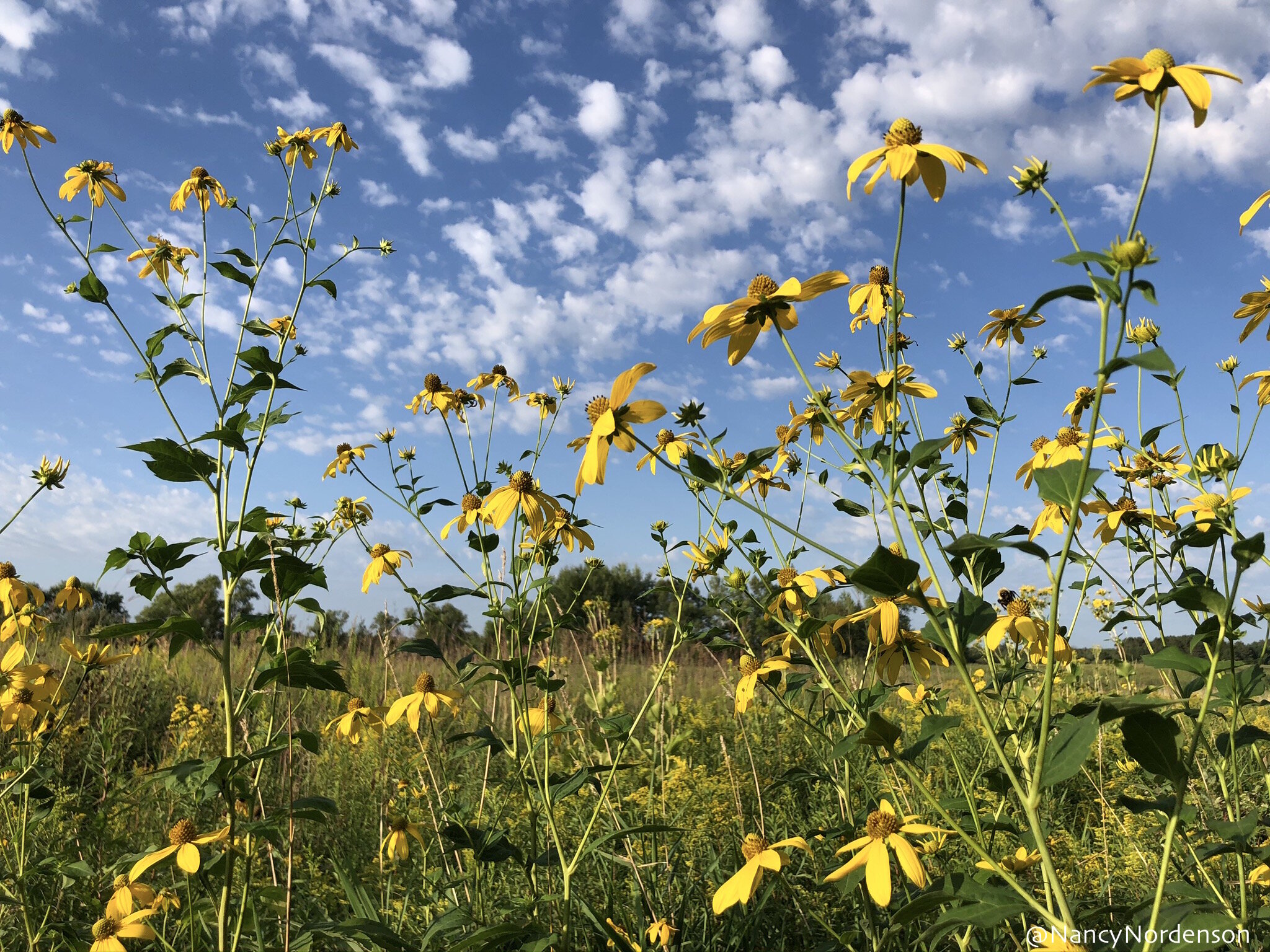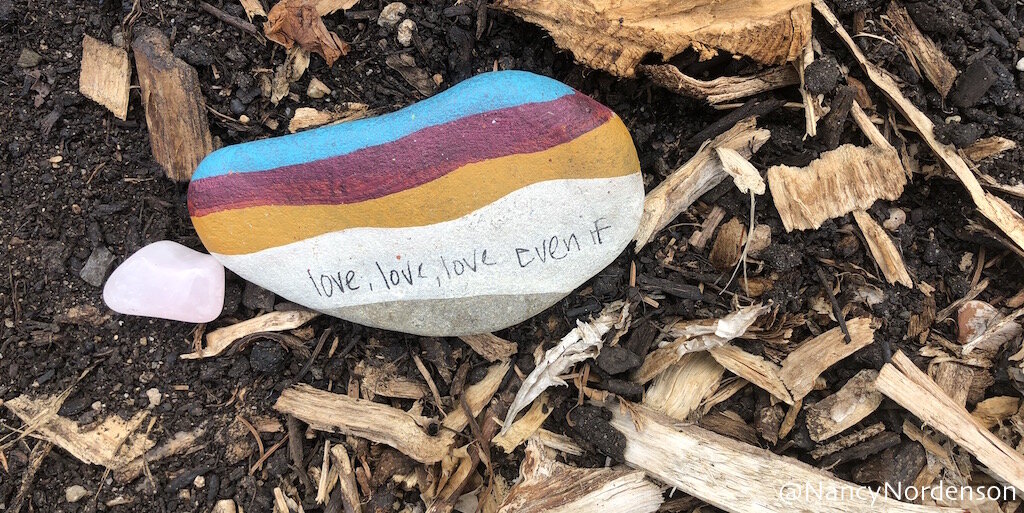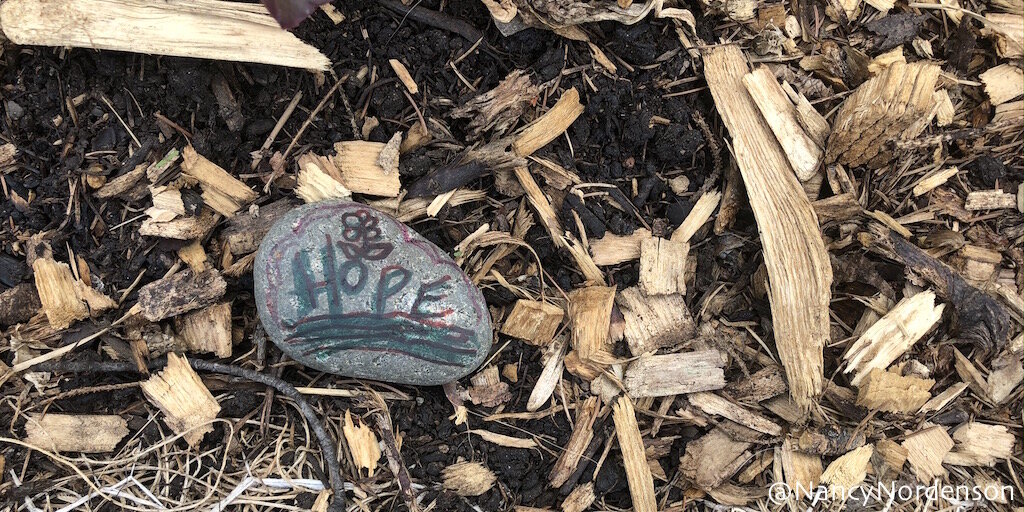Last week I was on a vacation/writing retreat. Sitting on a bookshelf where I stayed was the book, To Bless Our Callings: Prayers, Poems, and Hymns to Celebrate Vocation by Laura Kelly Fanucci. This wonderful poem by Pierre Teilhard de Chardin jumped off a page for me, and I want to share it with you. It speaks to the challenge of finding our way in life, the challenge of being patient when things take ever so long, and the challenge of understanding the apparent slow timing of God.
Read it and see if it doesn’t resonate with something in your life, if it doesn’t give you some hope for being on the way.
“Patient Trust”
Above all, trust in the slow work of God.
We are quite naturally impatient in everything
to reach the end without delay.
We would like to skip the intermediate stages.
We are impatient of being on the way
to something unknown, something new.
And yet, it is the law of all progress
that it is made by passing through
some stages of instability—
and that it may take a very long time.
And so I think it is with you;
your ideas mature gradually—let them grow,
let them shape themselves, without undue haste.
Don’t try to force them on,
as though you could be today what time
(that is to say, grace and circumstances
acting on your own good will)
will make of you tomorrow.
Only God could say what this new spirit
gradually forming in you will be.
Give our Lord the benefit of believing
that his hand is leading you,
and accept the anxiety of feeling yourself
in suspense and incomplete.
–Pierre Teilhard de Chardin
(In: To Bless Our Callings: Prayers, Poems, and Hymns to Celebrate Vocation, Laura Kelly Fanucci, Eugene, OR: Wipf & Stock, 2017. In: Hearts on Fire: Praying with Jesuits, edited by Michael Harter, 58. Chestnut Hill, MA: Institute of Jesuit Sources, 1993.)
~
[Photo: taken of gray-headed coneflowers that I passed on a recent prairie walk]










